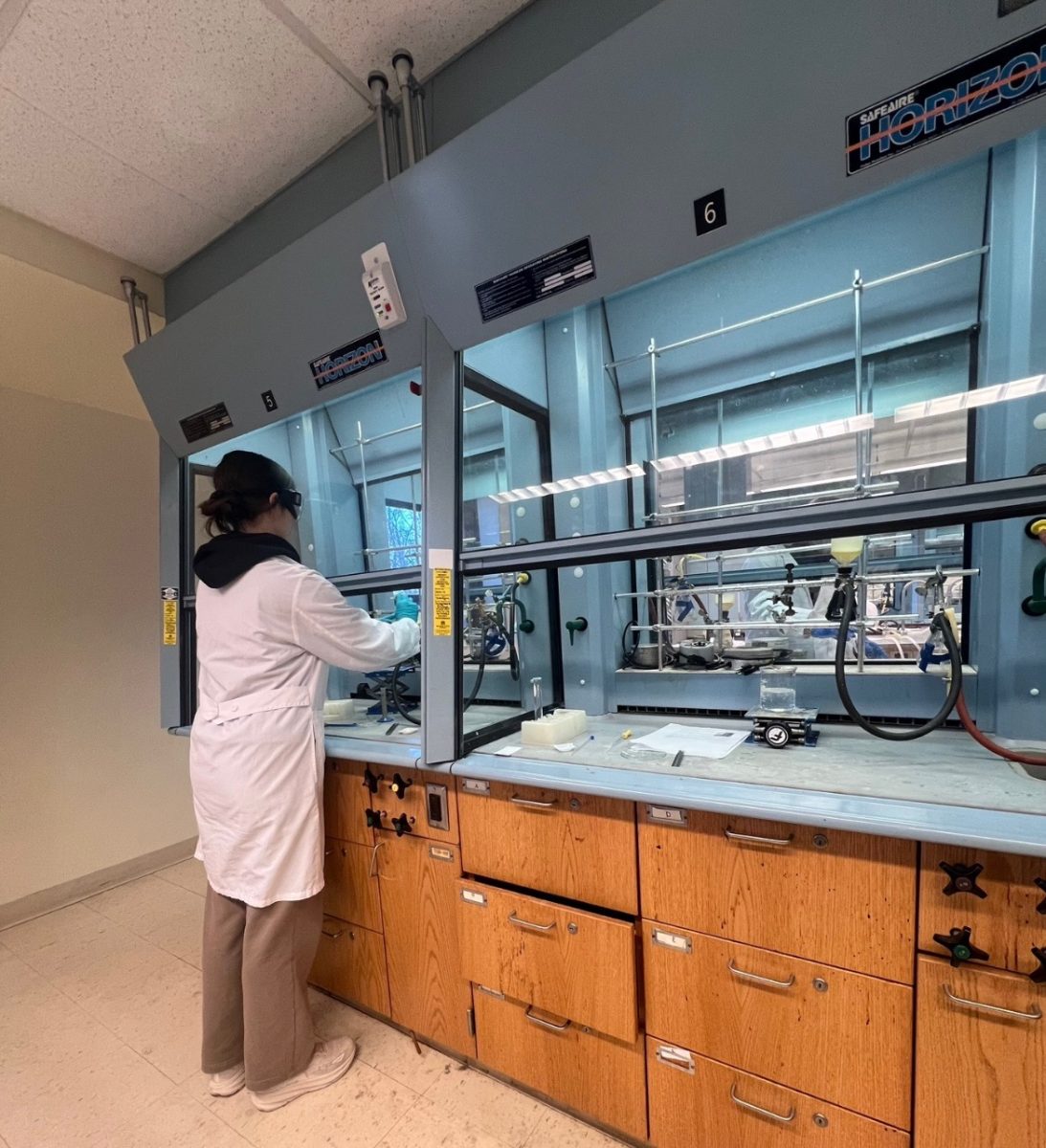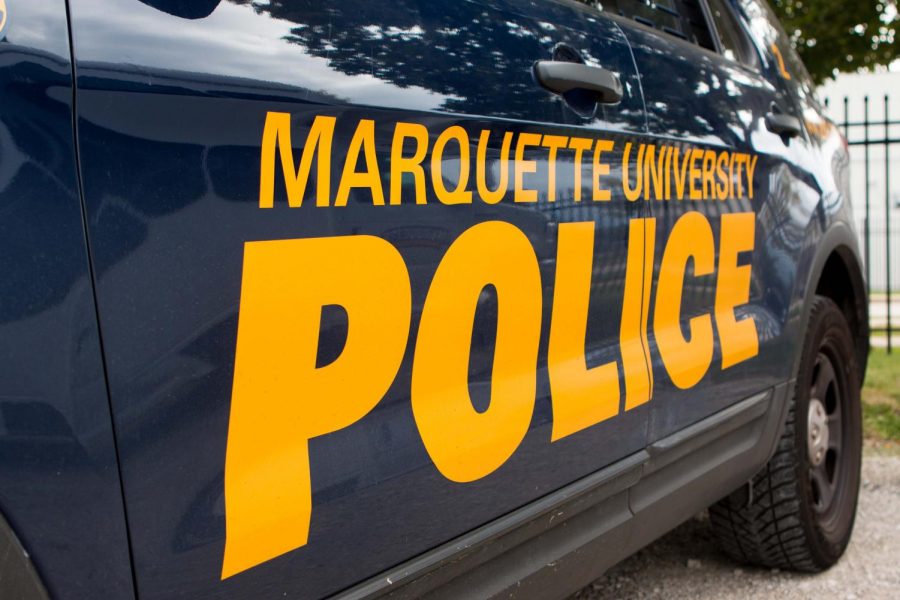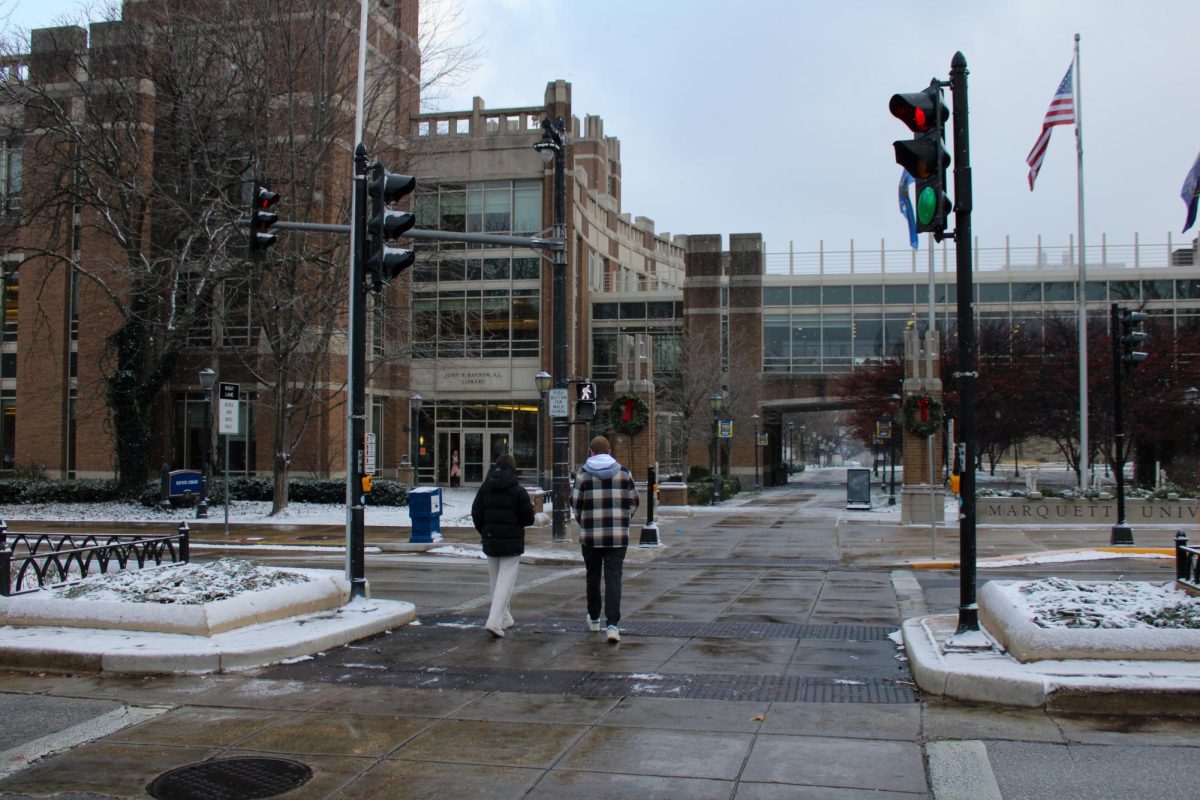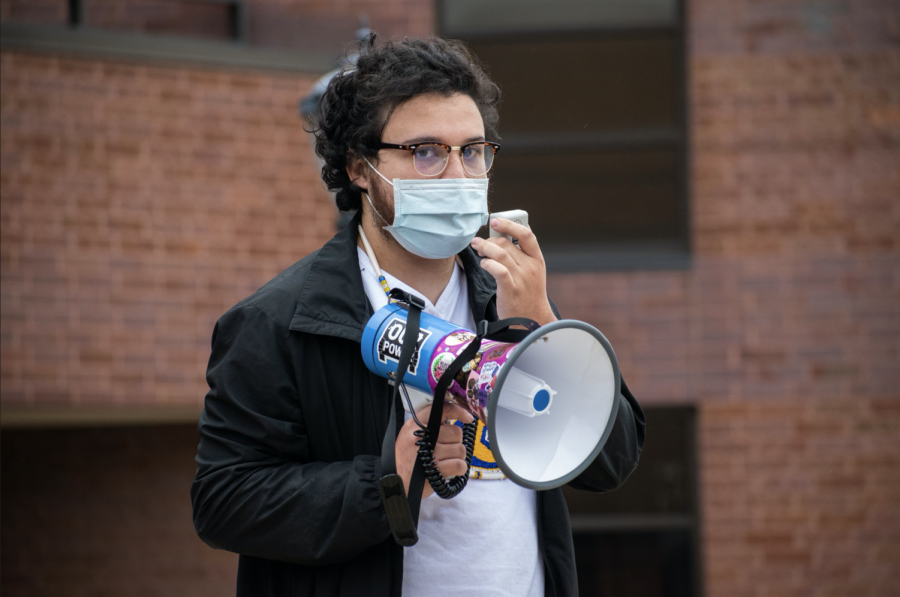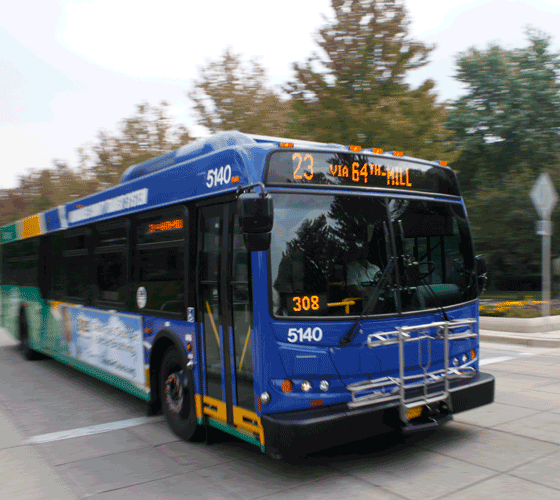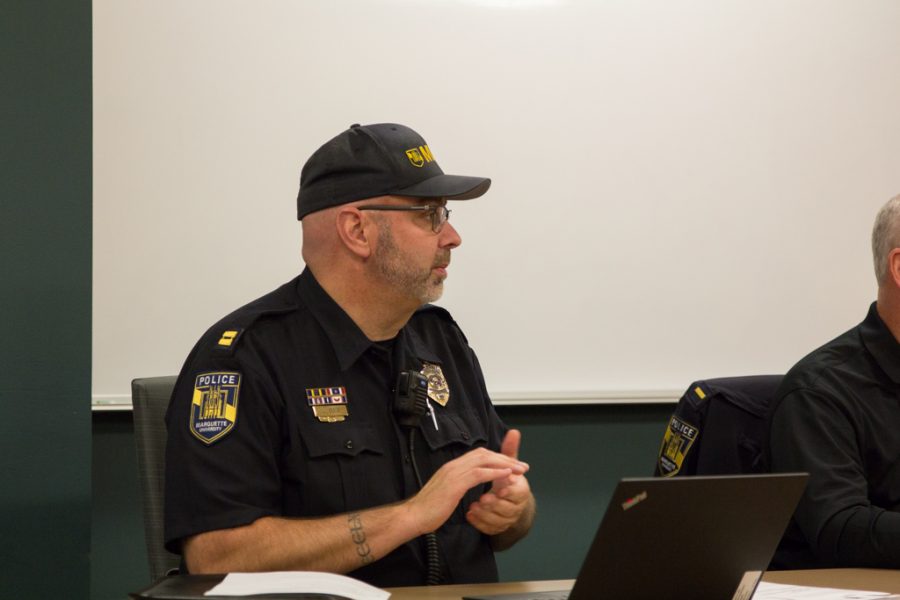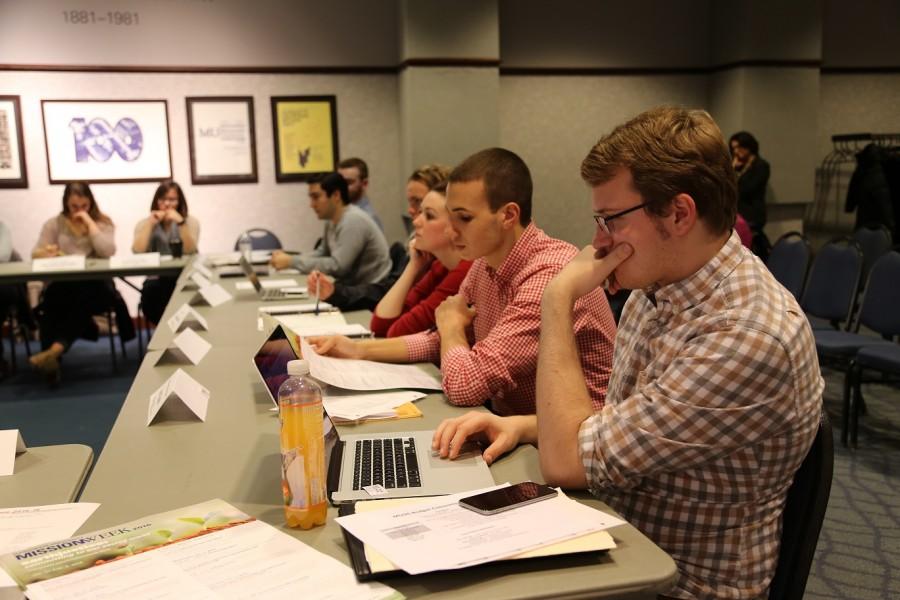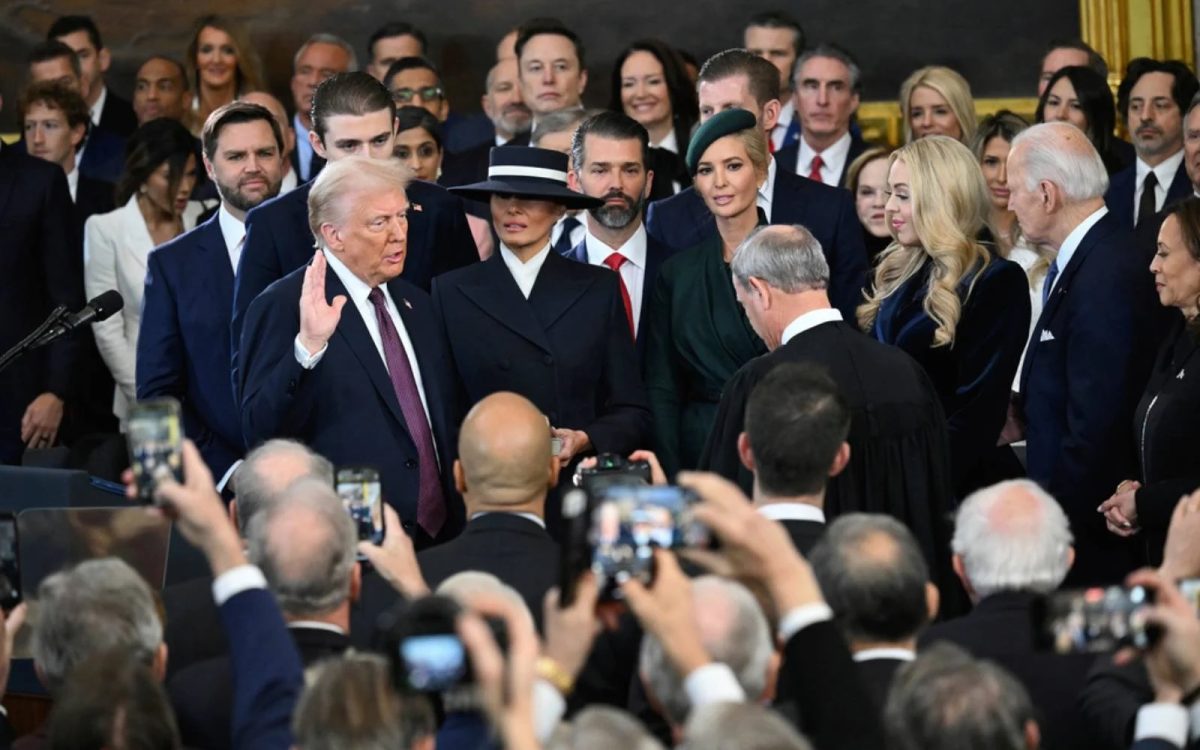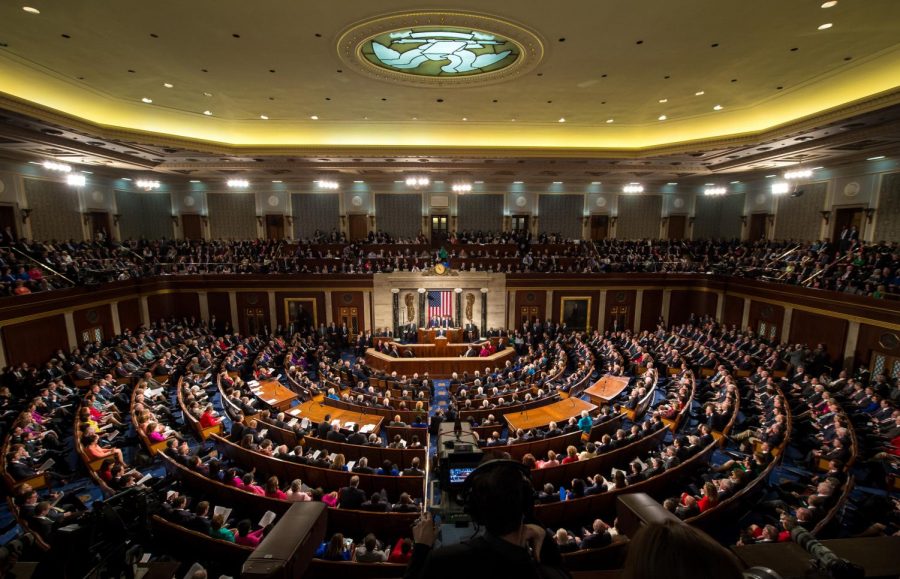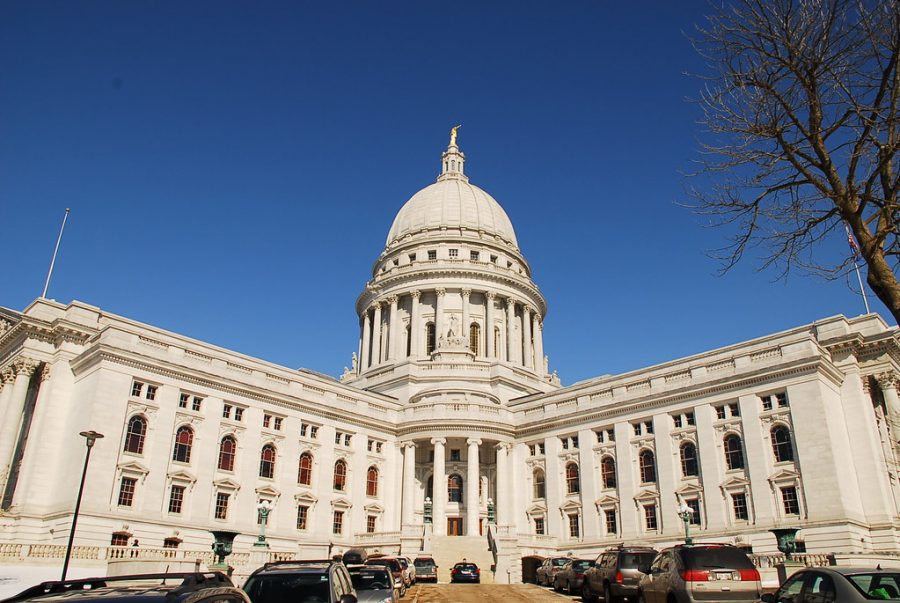Marquette University’s Academic Senate held a special session to discuss the reflection and analysis of workgroups during the academic year Monday.
Sumana Chattopadhyay, a professor in the College of Communication and chair of Academic Senate, opened the meeting with a reflection of the year. She has led all Academic Senate meetings for the 2020-2021 school year.
“I know this semester has been crazier than ever,” Chattopadhyay said. “Let’s celebrate going through this year.”
Following the reflection on the past year of meetings, Noelle Brigden, professor of political science, and Jeanne Hossenlopp, vice president for research and innovation, began by presenting the research workgroups report for the academic year.
In the beginning of the semester, the research group had four guiding principles that aligned with the university’s pilars : equity, inclusivity, innovation and diversity.
“We were really inspired to envision a research culture of encounter,” Brigden said. “We wanted to think about ways to bring the campus together and … increase collaboration.”
Brigden said the group came up with strategic priorities, such as managing workloads and adapting a “scholar-teacher model.”
“We didn’t want to create some sort of separation between the two,” Brigden said. “There’s a need to understand faculty as full people.”
The research group also prioritized broadening research to expand to both graduate and undergraduate students.
Following the research group, the study body group took the Senate floor to discuss the future of Marquette’s student body, specifically in 2026.
Professor in the College of Health? Sciences Michael Danduran said that the students in the class of 2026 will have to be a more diverse class.
“Moving forward, the Marquette University student body will likely resemble the (United States’) populations, more culturally diverse and coming from a broader range of socioeconomic circumstances,” Danduran said. “We’re anticipating and planning to address these changes must be prioritized.”
Danduran said that students in the Class of 2026 — the incoming class of first-years two years from now- will include many applicants who will require a new model of student services.
“An aggressive approach … to increase diversity while addressing in institutional, structural and systematic forms of racism.” Danduran said. “While pursuing a robust articulation of the values of the Jesuit vision of the characteristics of our graduates.”
Danduran said that Marquette will remain a residential campus and will aim to improve upon being ranked 88 in undergraduate teachings according to a US News report.
“Marquette must remain competitive in its cost structure,” Danduran said. “Marquette University leadership should take on more aggressive recruiting strategies.”
Danduran also said that there is a commitment to diversifying staff alongside the student body.
In terms of retention, Danduran said that the university should aim to be greater than 93% and implement programs that work toward student retention.
“Colleges will have implemented freshman success initiatives that include advising seminars, student lead mentoring programs, diversity and equity training and campus engagement strategies in alignment with or independently of student success initiatives,” Danduran said.
Danduran also commented on the university’s work toward an Hispanic Serving Institution designation saying that while the numbers have not been met yet, it has become a “long-term” goal.
There will also be plans to have a student-led initiative to include a culturally sensitive campus.
The next regularly scheduled Academic Senate meeting will take place next Monday, May 10.
This story was written by Benjamin Wells. He can be reached at benjamin.wells@marquette.edu.



